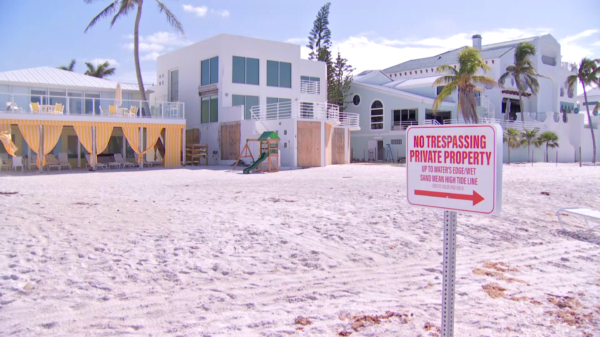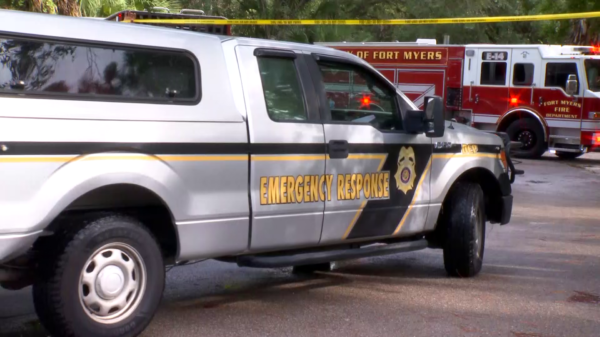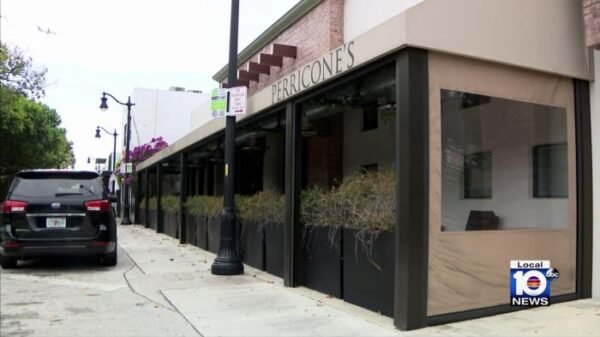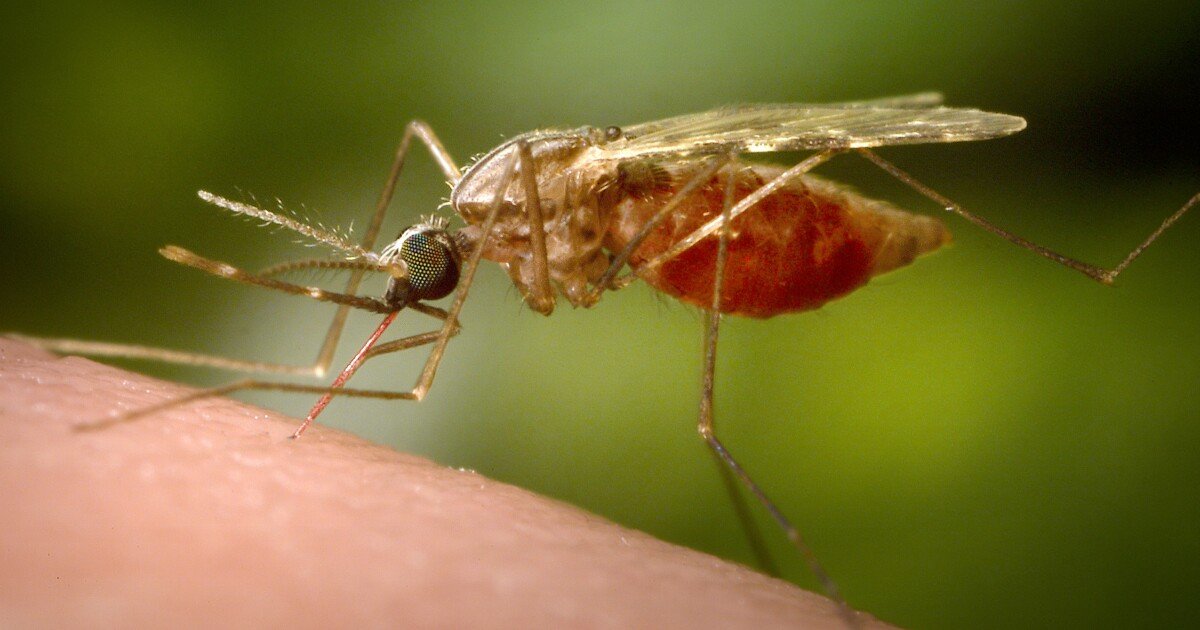Malaria in Southwest Florida: Experts Explain the Spread
With its pristine beaches, warm climate, and vibrant wildlife, Southwest Florida is a haven for tourists and locals alike. However, amidst the beauty and tranquility lies an unexpected threat – malaria. Once considered a tropical disease confined to distant lands, malaria has become a growing concern in this region. In this article, we will delve into the factors contributing to the spread of malaria in Southwest Florida, and experts will shed light on the measures being taken to combat this deadly disease.
The Changing Climate
One of the primary factors aiding the spread of malaria in Southwest Florida is the changing climate. As global warming continues to alter weather patterns, mosquitoes thrive in favorable conditions, resulting in an increase in mosquito-borne diseases like malaria.
Dr. Amanda Thompson, a tropical disease expert from the University of Florida, explains, “The rise in average temperatures and increased rainfall provide ideal breeding grounds for mosquitoes. As a result, we have seen an upsurge in mosquito populations carrying the Plasmodium parasite responsible for malaria transmission.”
Urbanization and Deforestation
Rapid urbanization and deforestation also play a significant role in the spread of malaria in this region. As cities expand and forests are cleared for development, human settlements encroach upon natural habitats, bringing humans closer to mosquito breeding grounds.
John Davis, an environmentalist, points out, “The destruction of forests disrupts the natural balance, forcing mosquitoes to adapt and seek alternative hosts, such as humans. This leads to a higher transmission rate of malaria, especially in densely populated areas.”
Travel and Migration
The ease and frequency of travel in today’s interconnected world contribute to the spread of malaria. Southwest Florida, being a popular tourist destination, attracts visitors from all over the globe, including countries where malaria is endemic.
Dr. Sarah Roberts, an infectious disease specialist, notes, “Tourists and migrants who carry malaria parasites can inadvertently introduce the disease to this region. Additionally, local residents who travel to malaria-endemic areas may acquire the disease and reintroduce it upon returning.”
Inadequate Vector Control
Vector control, the management of mosquito populations, is a crucial aspect of malaria prevention. However, in Southwest Florida, inadequate vector control strategies have contributed to the spread of the disease.
Dr. James Johnson, a public health expert, emphasizes, “The lack of proper vector control measures, such as regular mosquito spraying and the use of insecticide-treated nets, has allowed malaria-carrying mosquitoes to proliferate. This has significantly increased the risk for local transmission.”
Raising Awareness
Efforts to combat malaria in Southwest Florida are not limited to vector control alone. Experts stress the importance of raising awareness and educating the community about the disease, its symptoms, and the preventive measures that can be taken.
Dr. Emily Simmons, a community health advocate, explains, “By educating people about malaria, we can empower individuals to protect themselves. This includes promoting the use of insect repellents, wearing protective clothing, and removing standing water to eliminate mosquito breeding sites.”
Collaborative Efforts
The fight against malaria in Southwest Florida requires collaborative efforts from various stakeholders. Local health departments, researchers, and community organizations are working together to implement comprehensive programs that aim to detect, treat, and prevent malaria transmission.
Dr. Robert Walker, a public health officer, states, “Through partnerships, we can ensure access to prompt diagnosis and effective treatment while implementing preventive measures. This approach targets both individuals and the community, which is vital in combating the spread of malaria.”
Conclusion
Malaria, once considered a distant threat, has become an alarming reality in Southwest Florida. The changing climate, urbanization, travel, inadequate vector control, and lack of awareness have all contributed to the spread of this deadly disease. However, with the concerted efforts of experts, community organizations, and the public, effective strategies can be implemented to combat malaria and ensure a safer and healthier future for Southwest Florida.
*Source www.fox4now.com




































